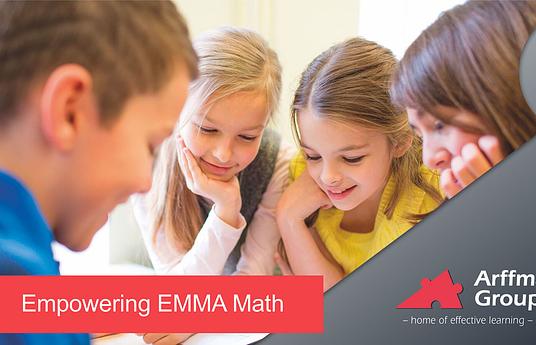Manyatta homeschooling creates a pathway to formal education to mitigate the risk of unfavorable life outcomes such as early marriage and foster the ability to make informed decisions for out-of-school girls and young women in the nomadic Samburu community in Kenya's Arid Lands. Our primary objective is to empower these underserved girls with foundational literacy, numeracy, and vital life skills.
Manyatta Homeschooling takes education to girls, meeting them where they are. In Kenya, Arid and Semi-Arid Land (ASAL) have the lowest numeracy and literacy achievements due to cultural and cross-border security issues. Manyatta's harsh environmental and contextual realities jeopardize girls’ safety, e.g., long distances to and from school, harsh terrain and weather. Delayed entry to school has some girls joining early child development(ECD) education as preteens or teenagers and as late as 25 years and above.
The innovation integrates education access within the pastoralist community structure, providing a solution that considers the context and realities of girls and young women. Foundational literacy and numeracy sessions are conducted thrice a week in four villages by trained Early Childhood Education teachers from the locality. We pave the way to a safe journey for access to formal education and provide opportunities for informal learning and growth that transcends the context.
The innovation has made significant progress in less than two years of its existence, reaching over 590 girls and young women aged 9-35 from four villages in Samburu County. One of the learning centers, Mpagas village, has attracted learners from a neighboring village quite a distance away and has 158 learners, indicating the need for expansion.
A significant milestone of this education intervention in the ASAL region is the successful transition of some learners to formal education. In the program, 108 learners can now follow and replicate what is written on the board, 40 learners have mastered basic math, while 57 demonstrate the ability to read and write with ease. 42 of the learners have shown remarkable commitment, attending classes consistently, and can read with minimal help.
The innovation is replicable in low-resource and underserved nomadic communities to enhance access to education for out-of-school girls. It emphasizes the acquisition and retention of foundational literacy, numeracy, and life skills. Integrating it with applying life skills is required for nurturing personal growth traits such as self-leadership, self-confidence, decision-making, and resilience.



